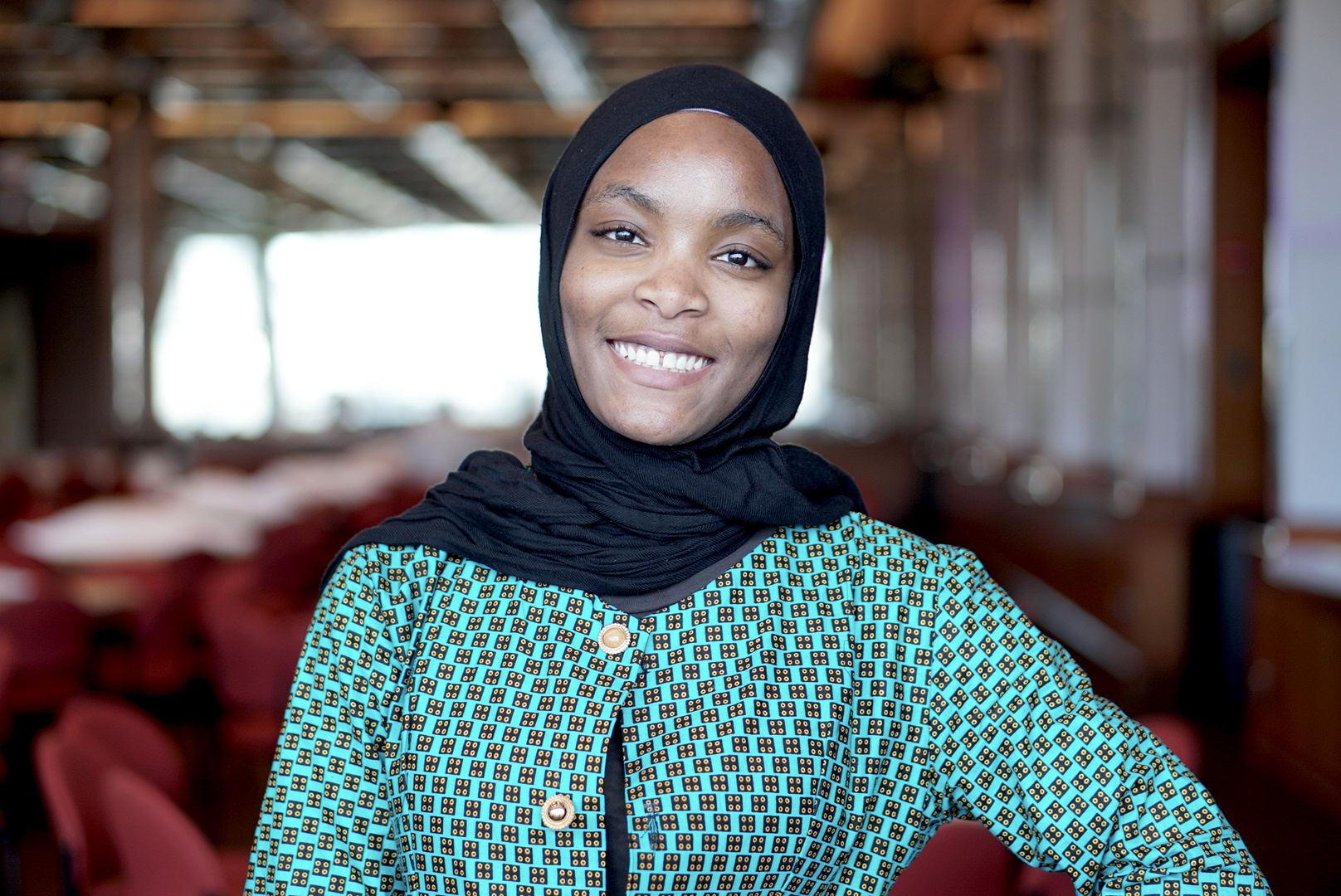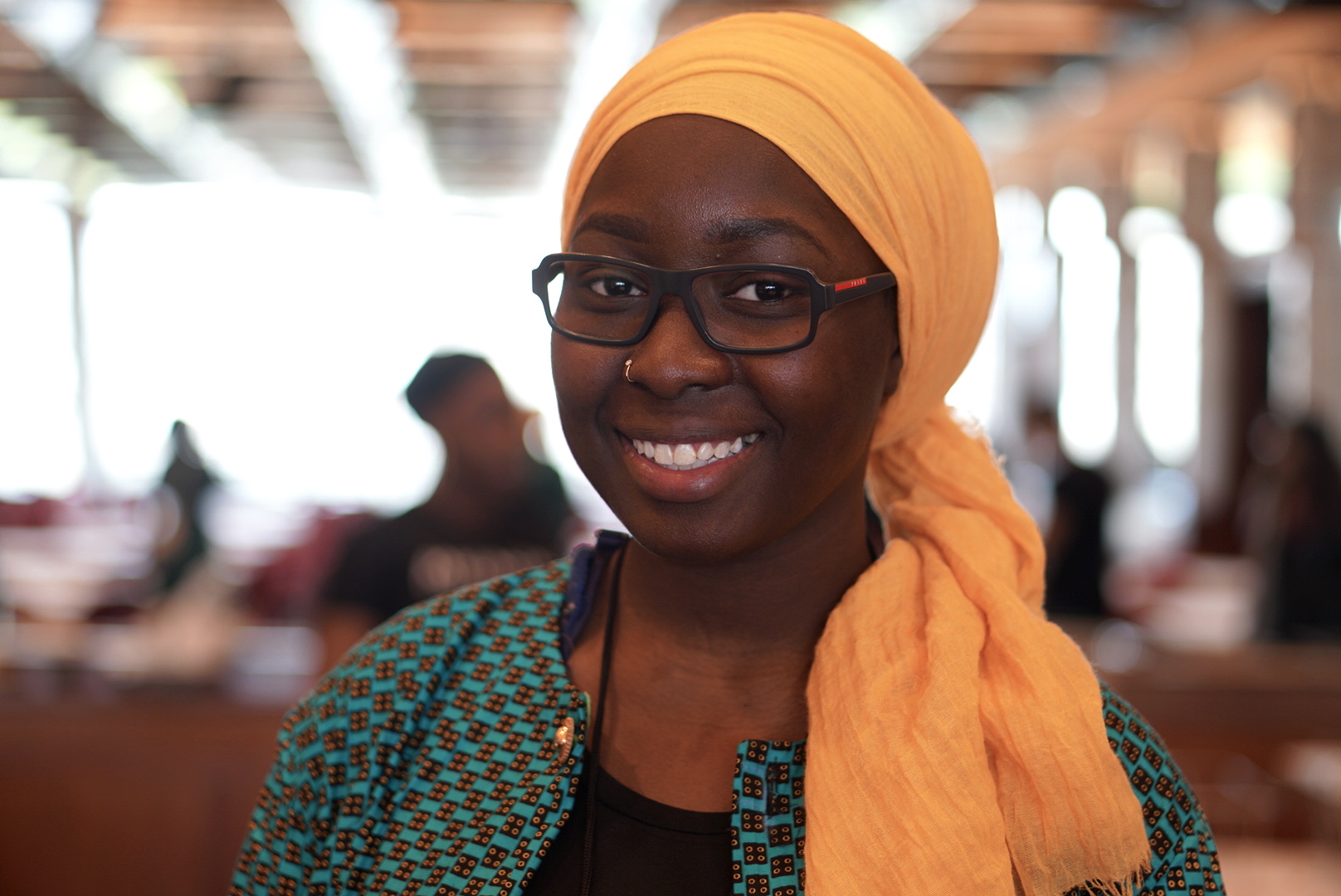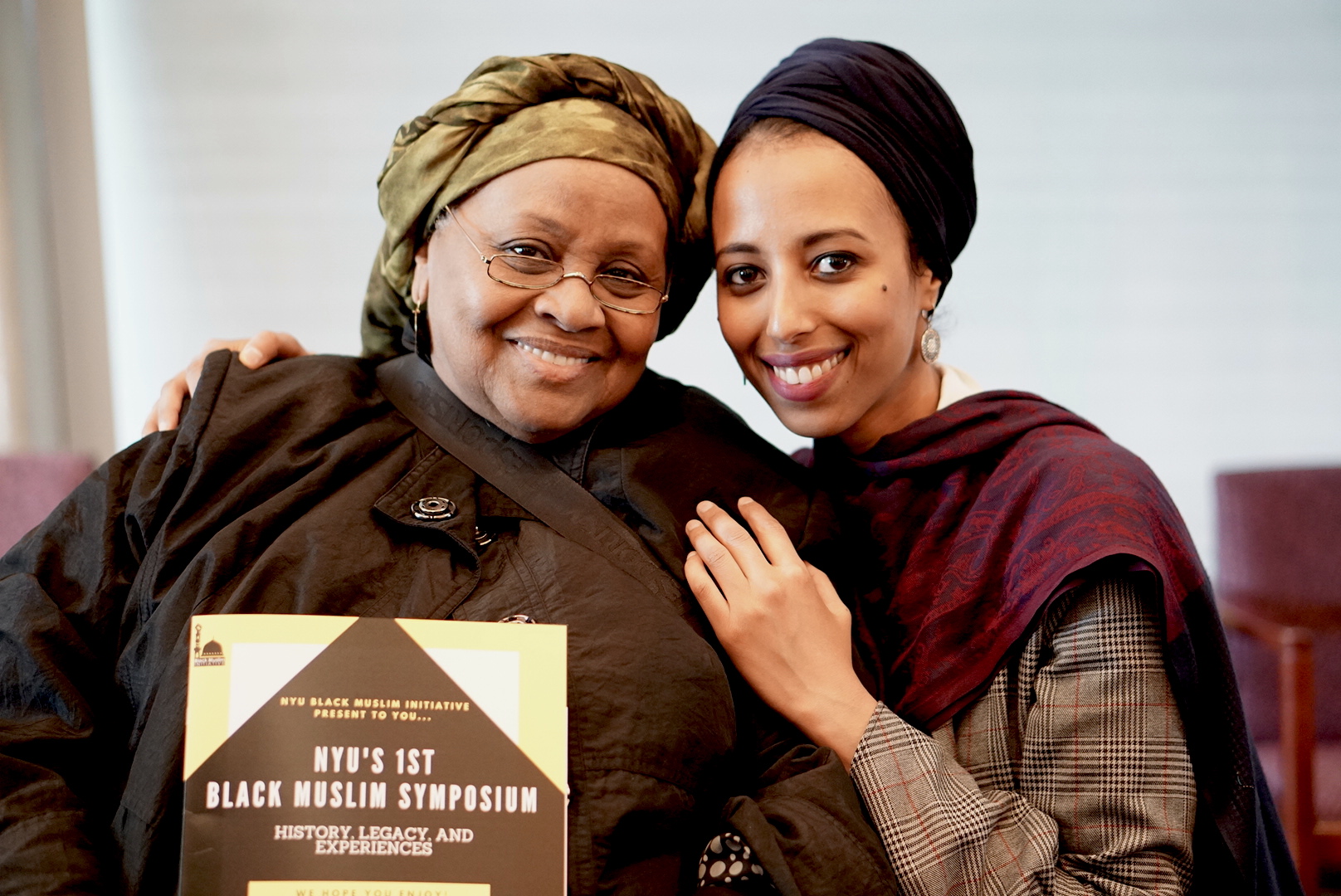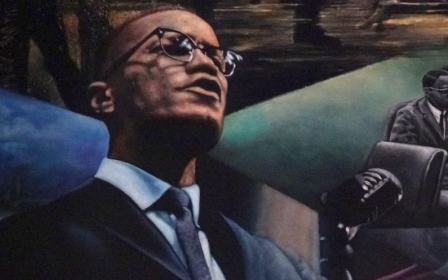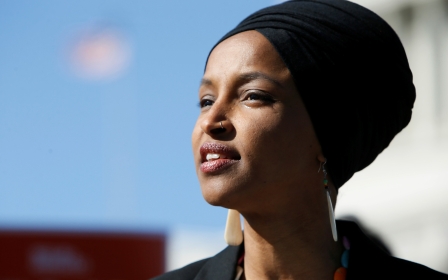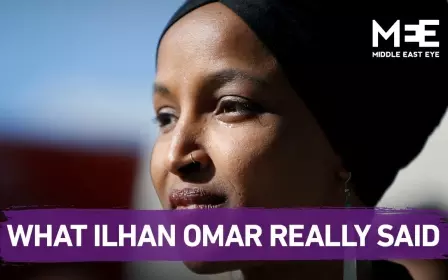Landmark conference: 'People don't see Black Muslims as trailblazers. We are here to change that'
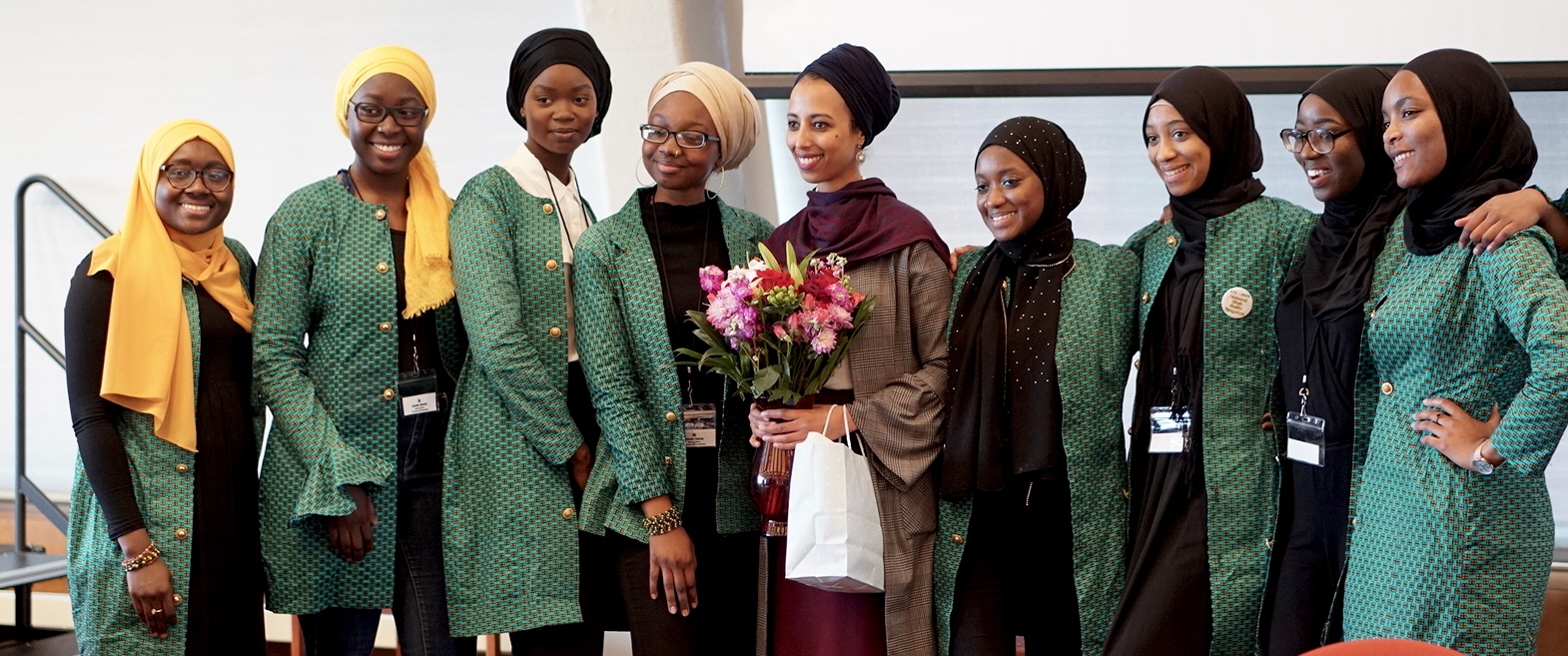
"People don't see Black Muslims as trailblazers. We are here to change that."
This was the message from Raphia Ngoutane, chair of Black Muslim Initiative (BMI), during a landmark conference held in New York over the weekend focusing on the erasure and marginalisation of Black Muslims in the United States.
Organisers of the conference, the Black Muslim Initiative (BMI), a collection of undergrad students at New York University (NYU), said the symposium titled "History, Legacies, and Experiences" was an attempt to reclaim the narrative about the role played by Black Muslims in the story of America.
“There is a great lack of awareness of the role of Muslims of African descent in the origin and establishment of Islam in America," Imam Talib Abdur-Rashid, from The Mosque of Islamic Brotherhood, based in New York, said in a keynote attended by academics, community leaders and students.
"This lack of awareness is amongst all people in America, those who have been here for generations and those who just came here ... [and] one of the reasons there is this lack of knowledge of Muslim history in America is because it is rooted in African-American history.
“There isn’t a day that goes by that we don’t hear that America is a nation of immigrants. But it negates the history of the Native Americans and Americans of African descent. We too, aren’t immigrants. We didn’t pack a suitcase and come here. The idea of Islam in America is rooted in the history of African people.”
Historians say many of the first Muslims in the US arrived as slaves and did so "well before America became a nation".
"Scholars estimate that as many as 30 percent of the African slaves brought to the US, from west and central African countries like The Gambia and Cameroon, were Muslim. Among the difficulties they faced, were also those related to their faith," Saeed Ahmed Khan wrote in The Conversation earlier this month.
In August later this year, African-Americans will commemorate 400 years since the first African slaves came to the US.
"This is a big year for us," Imam Talib said.
Racism within Muslim America
It is estimated that one in four Muslims in America are Black.
But Black Muslims are rarely seen as representative of the larger American Muslim community, a role that is almost always consigned to Arab or South Asian immigrants. Black Muslims say that they often face racial bias from white-convert Muslims as well.
“There is a lot of talk about Ummah, but 'your struggle being my struggle' doesn’t really translate," 19-year-old Ngoutane, told MEE.
According to the Institute for Social Policy and Understanding's (ISPU) 2017 American Muslim Poll, 33 percent of Black Muslims said they experience racism from other Muslims.
Racism is a recurring theme within the Muslim community in America, with commentators arguing that Muslims - be it South Asian, Arab or white - tend to reproduce existing racial and class hierarchies in American society.
Jenabu Simaha, 19, co-chair of the BMI, said that some Black Muslims at NYU - herself included - "would adjust their names to make it sound closer to Arabic, in a bid to fit in" with other Muslims on the campus.
“Our struggles don’t matter to some. Being a Black Muslim, I often have to explain that I am Muslim and I have to somehow prove it.
“We just got tired of feeling marginalised and decided to form BMI in 2017,” Simaha said.
Visibly moved by the efforts of BMI, Aisha al-Adawiya, the scholarship officer at the Schomburg Center for Research in Black Culture based in NYC, described the women-led initiative as the leaders “their generation have been waiting for”.
“Society always determines what is relevant and what is not. These are young people making sure their history will be relevant,”Adawiya, who is also a long-time community organiser, told MEE.
“This is an important start. They will need to build bridges, and make sure that they are able to combat forces who will seek to divide us.”
Other speakers at the conference included Jamillah Karim, a former professor of religion at Spelman College in Atlanta; Ousmane Kane, a professor of African and African American Studies at Harvard University, and Ifrah Magan, an assistant professor and faculty fellow at NYU.
Kane told MEE that the conference was especially important considering the rising tide of Islamophobia in the United States under President Donald Trump.
“The legacy has to be acknowledged because the idea of 'these are others' needs to end."
Middle East Eye propose une couverture et une analyse indépendantes et incomparables du Moyen-Orient, de l’Afrique du Nord et d’autres régions du monde. Pour en savoir plus sur la reprise de ce contenu et les frais qui s’appliquent, veuillez remplir ce formulaire [en anglais]. Pour en savoir plus sur MEE, cliquez ici [en anglais].


